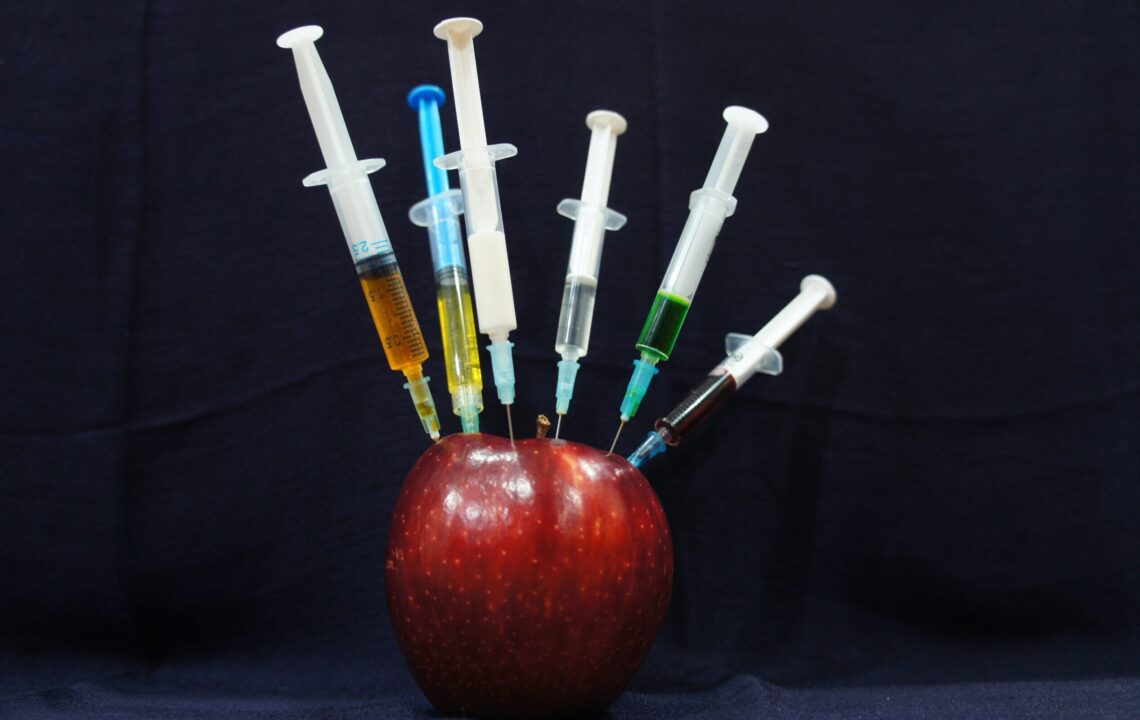Is Dartmouth Health’s Pediatric and Adolescent Transgender Health Program destroying children’s future fertility and sexual function by administering puberty blockers to 10-year-olds?
“You can introduce [puberty blockers] at age 10 and a half as all of a sudden puberty is about to explode on this child,” said John Turco, MD, director of Dartmouth Health’s Pediatric and Adolescent Transgender Health Program at an October 13, 2021 presentation. “It doesn’t mean you’re saying this is clearly a transgender individual, but it gives you a few more years to talk about that, and most importantly, it prevents puberty from exploding on this kid.”
But the research tells us that administering puberty blockers to children isn’t just “buying time,” as Dr. Turco said in a 2016 Valley News interview. It’s a decision with serious life-long consequences.
Studies consistently show that if children with gender dysphoria are allowed to go through puberty, the vast majority become comfortable with their bodies when they reach adulthood. The most recent study followed a group of gender dysphoric children for over 20 years and found that 87.8% outgrew their gender dysphoria.
In stark contrast, over 95% of children who are administered puberty blockers will move on to opposite-sex hormones, and those who start before the age of 12 will never have any sexual function, according to Marci Bowers, MD, president of the World Professional Association for Transgender Health who identifies as a transgender woman.
“Every single child who was truly blocked at Tanner Stage 2 [ages 9-11] has never experienced an orgasm. I mean, it’s really about zero,” said Bowers in a video panel. “To be intimate with a partner is very important. We need to have our eyes open to that.”
Children who take puberty blockers and move on to opposite sex hormones will probably be sterile, according to Dr. Jeremi Carswell, director of Boston Children’s Hospital’s Gender Multispeciality Service. “If you are giving something that shuts down your estrogen or shuts down testosterone entirely, you’re going to stop . . . producing sperm or eggs,” Carswell said in a video. “If you never started, you’re not going to … advance the gonads to be able to do that.”
In his presentation, Dr. Turco didn’t mention the risk of sexual dysfunction from these chemically castrating chemicals. He indicated that concerns about bone loss are outweighed by the dangers of puberty. “Allowing kids to go through, quote, the wrong puberty can have devastating effects, so you’ve got to balance that off things like bone density,” he said.
“I thought that there’s been some research that suppressing puberty can lead to problems later on and that some children who were treated with those drugs became sterile. Is that true?” asked a woman in the audience.
“Whatever risk there is, I think it’s minimal,” responded Turco. “And certainly when you weigh it against this kid at age 10-and-a-half that has this strong and persistent feeling. You know you’re pretty damn sure this kid’s going to be a trans man or a nonbinary individual in the future.”
Related: Transgender Ideology Harms Children
Administrating puberty blockers to treat gender dysphoria also raises ethical concerns about informed consent. How can a child consent to puberty blockers if he has no conception about adult intimacy?
Dr. Carswell acknowledges that physicians are handing out these chemicals “a lot like candy, which is great in some ways, but it’s like, OK, well, we need to have a conversation.”
Because little is known about how hormone blockers affect the development of the teenage brain or children’s bones, England’s National Health service is strictly limiting their use for treating gender dysphoria, and requiring that children taking them be enrolled in a formal research program. Harvard Medical School Professor Marc Garnick, MD recommends that children taking puberty blockers in the US also be part of a rigorous clinical research study to evaluate their short- and long-term health effects.
Dartmouth Health has not responded to a request for comment.
